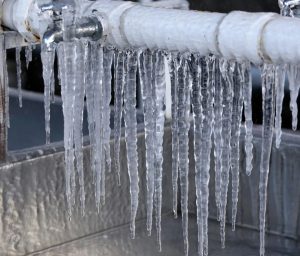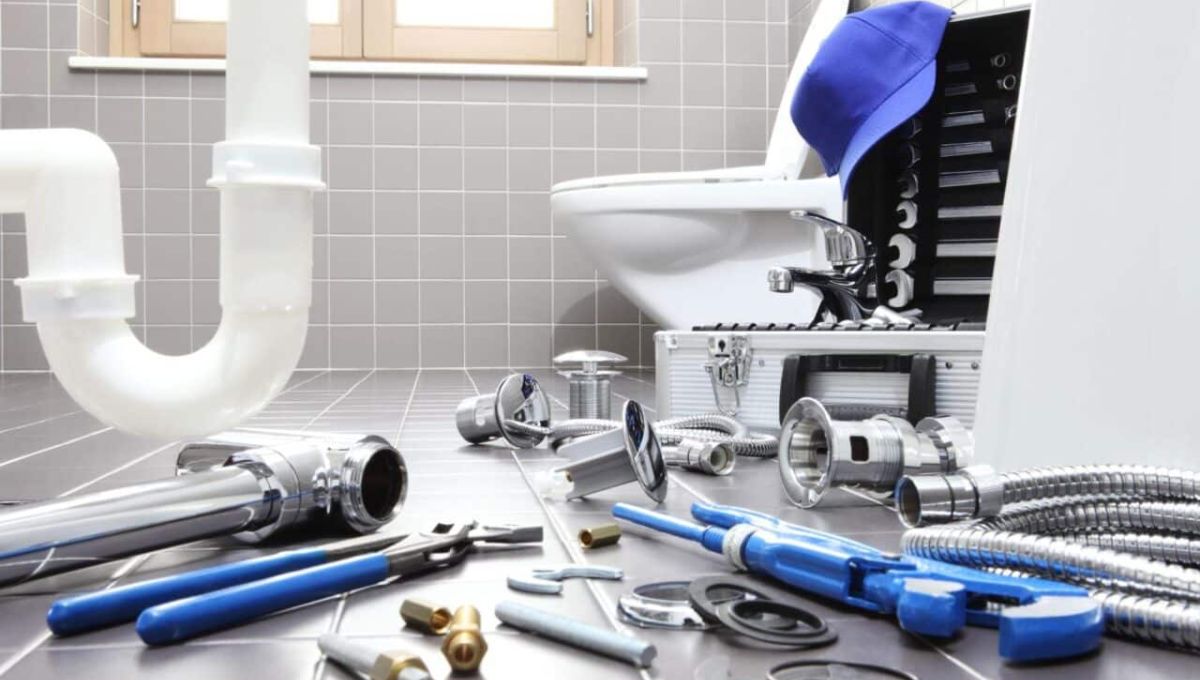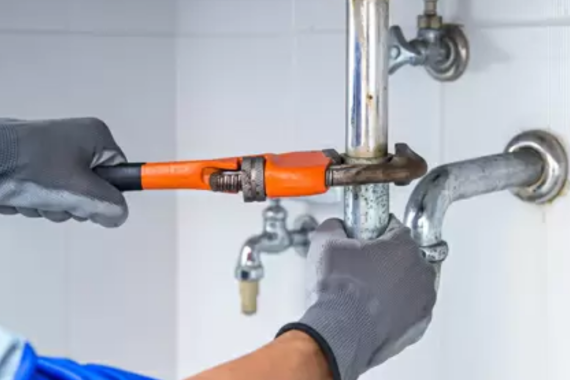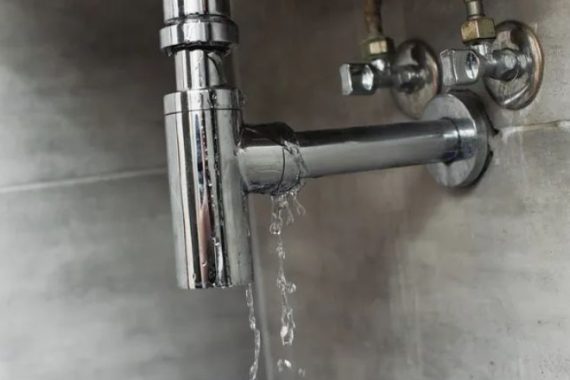Effective Solutions to the Most Common Plumbing Problems in Uk
Struggling with plumbing issues in your UK home? From dripping taps to blocked drains, here’s a simple guide to understanding the most common problems — and how to fix them effectively.If you live in UK , chances are you’ve dealt with a plumbing issue or two.
Whether it’s a slow-draining sink, a leaky tap, or a noisy pipe in the middle of the night — plumbing problems are part of everyday city life.UK mix of old and new homes, combined with hard water and busy lifestyles, means that small issues can quickly turn into big ones. The good news? Most of them can be solved easily — some with a quick DIY fix, and others with a little help from a professional.
look at the 10 most common plumbing problems in UK homes and how to deal with them efficiently.
1. Effective Solutions Leaking Taps and Dripping Faucets
That constant drip-drip sound isn’t just annoying — it’s wasting water and money. In many UK homes, taps start leaking because of worn-out washers or corroded parts, especially in areas with hard water.
What You Can Do:
- First, switch off the water supply from the stopcock.
- Unscrew the tap carefully and inspect the washer or O-ring.
- Replace any damaged parts, and use plumber’s tape when reassembling.
- Turn the water back on and test.
- The tap still leaks or it’s an older fixture, it might be time for a replacement.
Solution: Leaks inside wall-mounted or mixer taps should always be handled by a qualified plumber.
2. Blocked Drains and Slow Drainage
Few things are more frustrating than watching water pool around your feet in the shower.
Blocked drains are incredibly common in UK — thanks to hair, grease, and soap buildup.
Try This First:
- Pour a mix of baking soda and vinegar, then flush it with hot water.
- Use a plunger to loosen minor blockages.
- Remove and clean the U-bend under your sink if needed.
- If you notice that multiple drains are backing up at once, it’s likely a deeper issue in your main line.
In that case, it’s best to call in a professional plumber for a CCTV inspection or high-pressure jet cleaning.
3. Low Water Pressure
If your shower feels more like a drizzle, you’re not alone.
Low water pressure is a widespread issue in UK — often caused by limescale buildup, leaks, or partially closed valves.
DIY Fixes:
Remove and soak your showerheads or aerators in vinegar overnight to dissolve mineral buildup.
- Check that your main stopcock is fully open.
- Look for damp spots around pipes that might suggest hidden leaks.
- If you still face poor pressure, a professional can fit a booster pump or clean internal pipework to improve flow.
4. Running Toilets or Flushing Problems
A running toilet can waste an incredible amount of water — sometimes hundreds of litres a day.
The main reason? A faulty flapper valve or float mechanism that doesn’t stop water from flowing.
Here’s How to Fix It:
- Remove the cistern lid and inspect the flapper seal.
- Adjust or replace the float arm if the tank overfills.
- If water keeps running, replace the fill valve assembly.
- If the problem persists, it might be a deeper issue in the cistern or drain line that requires a plumber’s expertise.
5. Burst or Frozen Pipes

When winter hits UK hard, frozen pipes can quickly become burst pipes — and that means leaks, flooding, and major headaches.
Act Fast:
- Shut off the main water supply immediately.
- Open nearby taps to relieve pressure.
- Gently warm the frozen area using a hairdryer or warm towel (never use an open flame).
- Prevent It Next Time:
Insulate exposed pipes, especially in lofts or basements.
- Keep the heating on low during freezing nights.
- Have your system checked before winter to catch weak spots early.
6. Boiler or Hot Water Issues
Boiler not heating? Radiators cold? These problems are all too familiar in UK flats and houses.
Common culprits include airlocks, low water pressure, or a faulty thermostat.
Try This Before Calling a Pro:
- Check the boiler’s pressure — it should sit between 1 and 2 bar.
- Bleed your radiators to release trapped air.
- If you have hot water but no heating, try resetting the boiler.
When to Call a Professional:
If you smell gas, notice leaks, or your boiler keeps switching off — stop immediately and call a Gas Safe registered engineer. Regular servicing once a year keeps it safe and efficient.
7. Hidden Leaks (Behind Walls or Floors)
Not all leaks are visible — some stay hidden for weeks or months.
If you notice damp walls, musty odours, or peeling paint, you might have a hidden leak.
What You Should Do:
- Turn off your main water supply to prevent further damage.
- Check if your water meter is still running — if yes, there’s likely a leak.
- A plumber can use thermal imaging or acoustic detection tools to find it without tearing down walls.
- Fixing hidden leaks early saves you from bigger repair bills and mould issues later.
8. Noisy Pipes (Water Hammer)
That loud banging sound when you turn off a tap? That’s water hammer — a shockwave that travels through your pipes when water flow stops too suddenly.
To Quiet Things Down:
- Make sure pipes are securely clipped to walls.
- Use slow-close taps to reduce sudden water stoppage.
- If the problem continues, a plumber can install water hammer arrestors to absorb the shock.
9. Sewer Odours or Backflow
Smelling foul odours from your bathroom or kitchen sink?
This often means a dry trap, a broken seal, or blocked vent pipes — all fairly common in older UK plumbing systems.
Fix It Fast:
- Pour water into unused drains to refill the trap.
- Check under sinks for broken seals and replace them.
- Avoid harsh chemicals — try enzyme-based cleaners instead.
- If the smell lingers or you hear gurgling noises, you might have a deeper blockage in your main sewer line that needs professional cleaning.
10. Faulty Water Heater or Cylinder Leaks
If your water isn’t staying hot or your heater is leaking, it could be due to sediment buildup, corrosion, or a faulty pressure valve.
Effective Solutins Here’s What You Can Do:
- Turn off the power and inspect for visible leaks.
- Drain a small amount of water to flush out sediment.
- Tighten any loose fittings carefully.
- If the unit is more than ten years old or leaking from the tank itself, replacement is usually more cost-effective solutions than repair.
Effective Solutions Preventive Plumbing Tips for UK Homes
- A few smart habits can go a long way in avoiding future plumbing issues:
- Schedule an annual plumbing inspection, especially before winter.
- Use drain guards to stop hair and debris buildup.
- Never pour grease or coffee grounds down your sink.
- Keep your stopcock easy to access for emergencies.
- Insulate outside pipes and garden taps.
- Flush your boiler system every year for better efficiency.
- A little prevention today can save you from expensive repairs tomorrow.
Conclusion
Plumbing issues are part of life for most UK homeowners — but they don’t have to be a constant source of stress.
With a bit of awareness and quick action, you can handle smaller problems yourself and know exactly when to call in a professional.
Whether it’s a dripping tap, a blocked drain, or a faulty boiler, tackling issues early keeps your home safe, dry, and comfortable.
Need a trusted local plumber? Contact Renoserve — your reliable UK plumbing experts, available 24/7.



